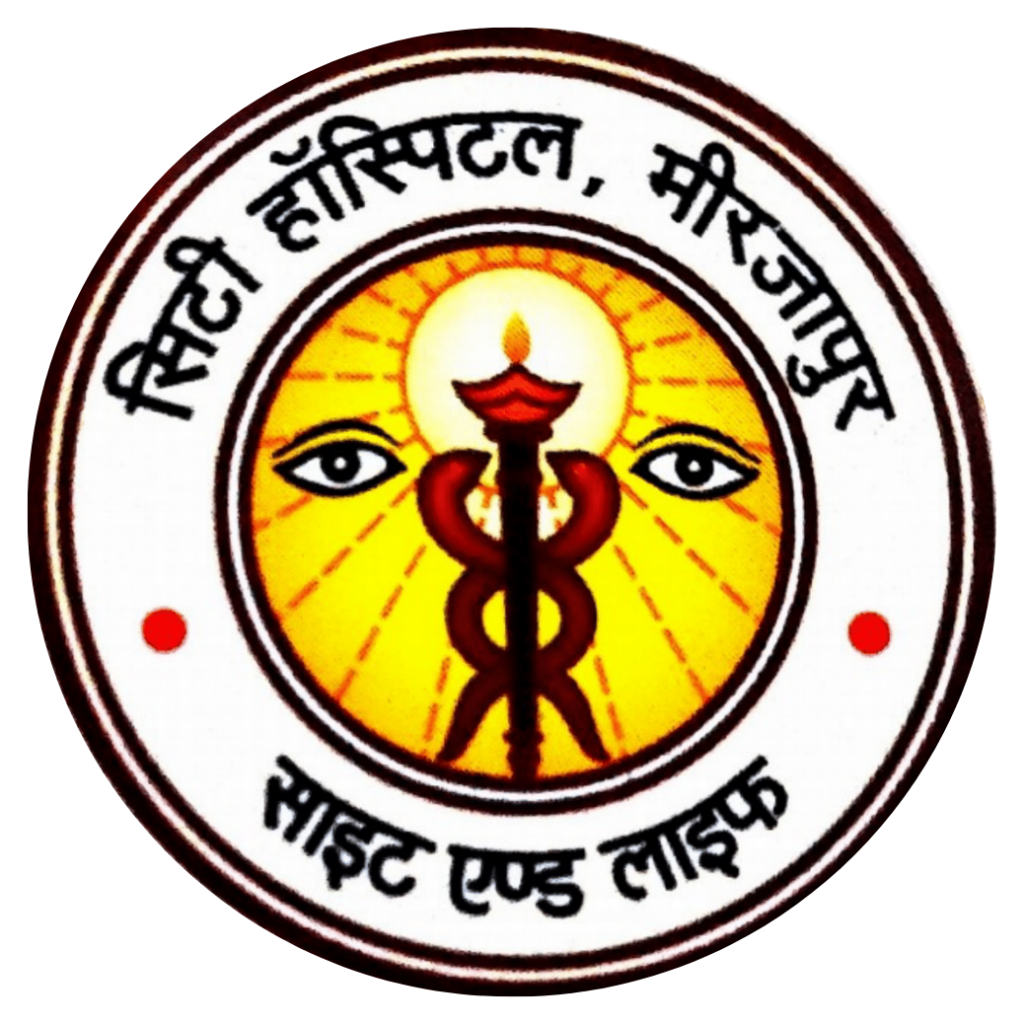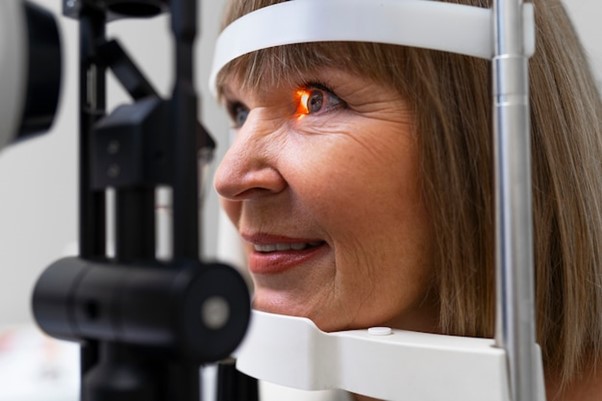Age-related Macular Degeneration (AMD) is a common eye condition, Age-related Macular Degeneration (AMD) is a leading reason for vision loss in those over 50.
This condition impacts the macula, a part of the retina that provides sharp central vision essential for activities like reading, driving, and recognizing faces. While AMD does not cause complete blindness, it can significantly impact the quality of life if not managed appropriately. Here’s what you need to know about AMD, its types, symptoms, and treatment options.
What is AMD?
AMD occurs when the macula, a small area in the centre of the retina, begins to deteriorate. The retina itself is the layer of cells at the back of the eye that captures visual information and sends it to the brain. When the macula deteriorates, central vision becomes blurred, making it difficult to see fine details, read small print, and recognize faces.
What Are The Different Types of AMD?
There are two main types of AMD:
- Dry AMD: This is considered as the most common form, accounting for about 80-90% of cases. In dry AMD, the macula thins with age, and small protein clumps called drusen begin to form. Dry AMD progresses slowly, and while vision may gradually decline, it is generally manageable in the early stages.
- Wet AMD: This less common yet more severe form develops when abnormal blood vessels grow beneath the retina, leaking blood or fluid.
Wet AMD can cause rapid vision loss if not treated quickly. Although it represents only 10-20% of AMD cases, it is the primary cause of severe vision loss in AMD patients.
What Are The Symptoms of AMD?
Symptoms of AMD may vary depending on the type and stage but often include:
- Blurry or fuzzy vision
- Dark or blind spots in the centre of vision
- Difficulty reading, recognizing faces, or driving
- Straight lines that appear wavy or distorted
If you experience any of these symptoms, it’s essential to see an eye specialist as early diagnosis can improve treatment outcomes.
Treatment Options for AMD
While there is currently no cure for AMD, several treatments can help manage the condition, particularly for wet AMD:
- Lifestyle Modifications: For dry AMD, maintaining a healthy lifestyle by quitting smoking, eating leafy greens, and taking antioxidant supplements can help slow progression.
- Anti-VEGF Injections: These are common for wet AMD and help reduce blood vessel growth under the retina. Injections may slow down or even reverse some of the vision loss.
- Laser Therapy: Sometimes used for wet AMD, laser therapy can seal off leaking blood vessels and prevent further damage.
- Low Vision Aids: For advanced AMD, devices like magnifiers, special lenses, and digital screen enhancements can improve quality of life by maximizing remaining vision.
Take Control of Your Vision at CITY Hospital
At CITY Hospital, we’re dedicated to providing comprehensive eye care to manage conditions like AMD. Our experienced eye specialists offer personalized treatment plans, advanced diagnostic services, and compassionate care. Schedule your visit today to discuss your eye health and keep your vision at its best.


